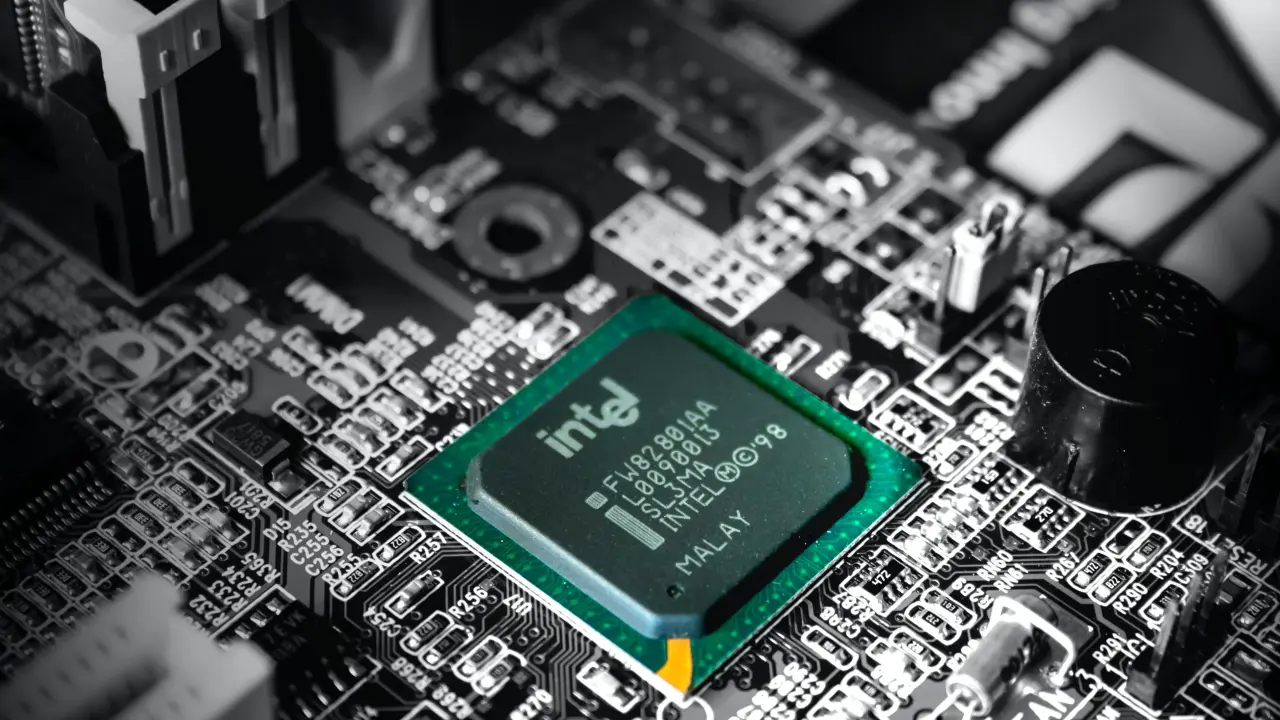Updated 10 January 2024 at 09:08 IST
Intel targets automotive AI market, takes on Nvidia, Qualcomm
The move comes as Intel aims to establish a significant presence in the automotive semiconductor space.
- Republic Business
- 3 min read

In a bid to compete with semiconductor giants Qualcomm and Nvidia in the burgeoning market for artificial intelligence (AI) chips powering next-generation vehicles, Intel announced on Tuesday its plans to launch automotive versions of its latest AI-enabled chips.
The move comes as Intel aims to establish a significant presence in the automotive semiconductor space, focusing on the development of chips that will serve as the brains of future cars.
To strengthen its position in the electric vehicle (EV) technology sector, Intel is set to acquire Silicon Mobility, a French startup specialising in system-on-a-chip technology and software for controlling EV motors and onboard charging systems. While the purchase price remains undisclosed, this strategic move aims to bolster Intel's capabilities in the rapidly evolving EV landscape.
Chinese automaker Zeekr is slated to become the first to integrate Intel's AI system-on-a-chip technology into its vehicles, enhancing the in-car experience with features such as AI voice assistants and video conferencing. This marks Intel's ambitious entry into the AI-driven automotive market, which has seen increasing demand for advanced semiconductors powering automated driving technology, upgradeable vehicle system software, and complex dashboard displays.
Advertisement
Intel's new automotive system-on-a-chip products will adapt its recently launched AI PC technology to meet the durability and performance requirements of vehicles. While Intel has already supplied chips for infotainment systems in over 50 million vehicles, the company faces stiff competition from Nvidia and Qualcomm, particularly in the evolving market for powerful semiconductors crucial for automated driving.
Intel's automotive business chief, Jack Weast, stressed that the company's commitment to communicate its successes in the automotive sector more effectively. Weast highlighted Intel's differentiation strategy by offering chips that can be utilised across automakers' product lines, catering to vehicles ranging from entry-level to premium segments.
Advertisement
To distinguish itself further, Intel plans to avoid the scalability challenges posed by high-power and costly products, such as Nvidia's offerings.
As the Chinese electric vehicle market continues to grow rapidly, chip makers are expected to fiercely compete for dominance. In this competitive landscape, Intel aims to position itself as an agnostic player, allowing automaker customers to choose the technology they prefer for automated driving and other functions.
In a departure from the conventional approach, Intel will not mandate automakers to use advanced driving chips designed by its Mobileye unit but will offer the flexibility for automakers to incorporate their own chiplets into the Intel system. This strategic move aligns with Intel's goal to provide tailored and cost-effective solutions for its automotive customers.
(With Reuters inputs)
Published By : Abhishek Vasudev
Published On: 10 January 2024 at 09:08 IST
